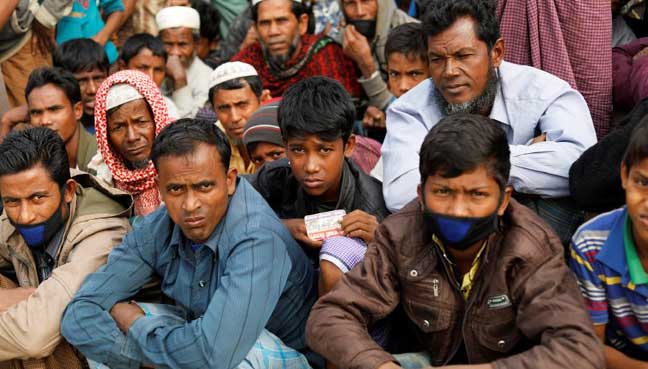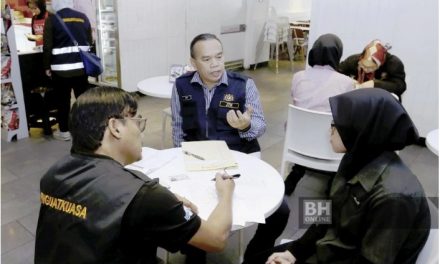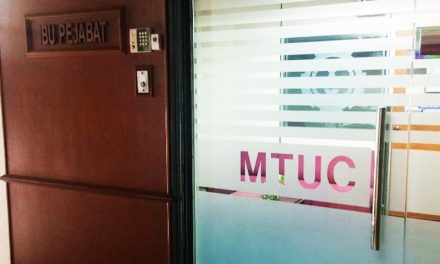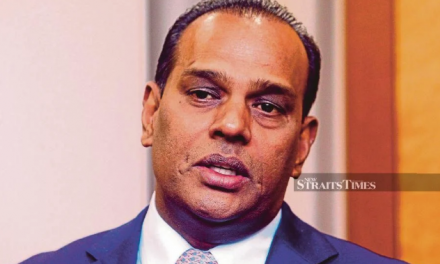PETALING JAYA | The Malaysian Employers Federation (MEF) backs the idea of hiring refugees legally to work here, adding that it can reduce the country’s dependency on foreign workers.
MEF executive director Shamsuddin Bardan said with the number of refugees that Malaysia has at the moment, which is close to 150,000, it would be a cheaper alternative for employers compared with bringing in foreign workers.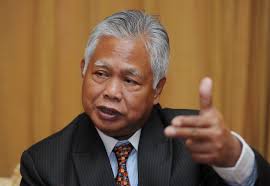
He said the government should look into the possibility of allowing them to be employed legally.
“It is much easier. They are already in the country and there is no need to deal with agencies and no issue with the accommodation because they have their own accommodation. No transportation cost,” he told FMT.
He said some programmes had been implemented with the co-operation of the United Nations High Commissioner for Refugees (UNHCR) where refugees were allowed to work in some companies.
“As such, we have them working in the plantation sector. But I would say that the project has failed miserably because I believe the refugees are not keen on working in isolated areas.”
He said most of the refugees preferred to work in and near towns.
He was responding to a new research paper published by the Institute for Democracy and Economic Affairs (IDEAS), saying that the economy and government revenue would receive a boost if refugees in the country were allowed to work here.
It said assuming that the spending pattern of refugees was comparable to that of the bottom 40 or B40 group, they could contribute over RM3 billion to the gross domestic product (GDP) through higher spending by 2024.
IDEAS chief executive Ali Salman said Malaysia already had a good record of providing safe haven for those in need, and that refugees could also make an important contribution to the economy.
“The government should move forward with its manifesto promise to give refugees the right to work and encourage them to make the best possible contribution to Malaysia,” he said.
 Economist Barjoyai Bardai agreed that refugees should be allowed to work legally in Malaysia, adding that the country could make use of them to enhance food security.
Economist Barjoyai Bardai agreed that refugees should be allowed to work legally in Malaysia, adding that the country could make use of them to enhance food security.
“Refugees are productive resources that we can utilise for the economy, especially in the agriculture sector.
“If we take Indonesia as an example, they have a 270 million population and they export rice, while we have 33 million people but we import rice.
“What is the difference in Indonesia? Their productivity is 15 tonnes per hectare, while in Malaysia, we produce only 3.5 tonnes per hectare,” he said.
Allowing refugees to work here would “generate a lot of income, enhance food security,” he said.
Meanwhile, the executive director of the North-South Initiative, Adrian Pereira, said Malaysia was not a safe place for refugees, adding that many of them were abused by many actors even under the new government.
“The reality is they are already working for survival. We should allow them to work for their security, not to further exploit them in our free market economy. That’s very exploitative rational used to justify working rights for them,” he said.
He said the refugees were merely waiting for resettlement in third countries.
“If 160,000 refugees can add that much value to the economy, it only shows how much has been leaking from our economy when the industries exploit the millions of undocumented workers and not record this on paper. This is the height of injustice.”

